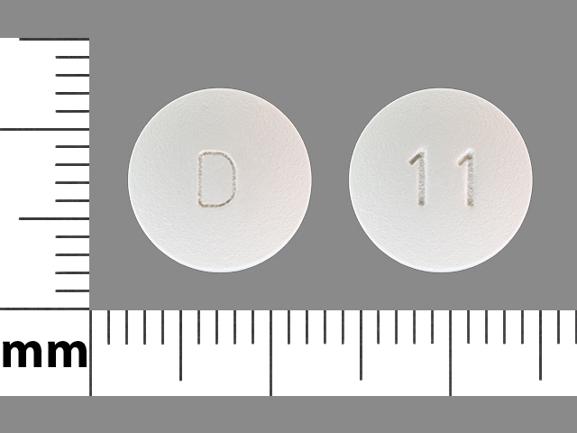Zidovudine Disease Interactions
There are 4 disease interactions with zidovudine.
AZT (applies to zidovudine) bone marrow suppression
Major Potential Hazard, High plausibility. Applicable conditions: Bone Marrow Depression/Low Blood Counts
Zidovudine (AZT) may cause bone marrow toxicity, most commonly manifested as granulocytopenia and anemia, particularly in patients with advanced, symptomatic HIV disease. Thrombocytopenia not related to HIV may also occasionally occur. Zidovudine should be given with extreme caution to patients with preexisting bone marrow depression (indicated by a granulocyte count below 1000 cells/mm3 or hemoglobin less than 9.5 g/dL) or blood dyscrasias. Routine blood counts are recommended, and generally should occur more frequently in patients with advanced HIV disease. Dosage reductions may be necessary.
AZT/telbivudine (applies to zidovudine) myopathy
Major Potential Hazard, High plausibility. Applicable conditions: Myoneural Disorder
Prolonged use of certain nucleoside reverse transcriptase inhibitors (NRTIs) such as zidovudine and telbivudine may commonly cause myopathy, including rare cases of rhabdomyolysis. The myopathy may be dose-related and is characterized by persistent, unexplained muscle aches and/or weakness in conjunction with increases in creatine phosphokinase (CPK) values. Therapy with these NRTIs should be administered cautiously in patients with preexisting myopathy or a myoneural disorder, since it may delay the recognition or confound the diagnosis of a drug-induced musculoskeletal effect. Patients should be advised to report promptly any unusual muscle pain, tenderness or weakness, particularly if accompanied by malaise or fever. NRTI therapy should be interrupted if drug-related myopathy is suspected, and discontinued if myopathy is diagnosed.
NRTIs (applies to zidovudine) hepatotoxicity
Major Potential Hazard, Moderate plausibility. Applicable conditions: Alcoholism, Liver Disease
Hepatotoxicity including lactic acidosis, severe hepatomegaly with steatosis, fulminant hepatitis, and hepatic failure has been associated with the use of some nucleoside reverse transcriptase inhibitors (NRTIs) alone or in combination with other antiretroviral agents. Therapy with NRTIs should be administered cautiously in patients with preexisting liver disease, a history of alcohol abuse, or hepatitis. Therapy should be suspended if clinical or laboratory findings suggestive of lactic acidosis or pronounced hepatotoxicity occur. The use of abacavir is contraindicated in patients with moderate to severe liver dysfunction as its safety and efficacy have not been established in these patients.
NRTIs (applies to zidovudine) renal dysfunction
Moderate Potential Hazard, Moderate plausibility.
The apparent oral clearance of nucleoside reverse transcriptase inhibitors is decreased in patients with renal dysfunction. Dosage adjustments are recommended for lamivudine and stavudine in patients with CrCl less than 50 mL/min; zidovudine dosage should be reduced in patients with CrCl less than 15 mL/min. Fixed-dose combination products containing lamivudine are not recommended for patients with CrCl less than 30 or 50 mL/min; the manufacturer product information should be consulted.
Switch to professional interaction data
Zidovudine drug interactions
There are 388 drug interactions with zidovudine.
Zidovudine alcohol/food interactions
There is 1 alcohol/food interaction with zidovudine.
More about zidovudine
- zidovudine consumer information
- Check interactions
- Compare alternatives
- Pricing & coupons
- Reviews (1)
- Drug images
- Side effects
- Dosage information
- During pregnancy
- Drug class: nucleoside reverse transcriptase inhibitors (NRTIs)
- Breastfeeding
- En español
Related treatment guides
Drug Interaction Classification
| Highly clinically significant. Avoid combinations; the risk of the interaction outweighs the benefit. | |
| Moderately clinically significant. Usually avoid combinations; use it only under special circumstances. | |
| Minimally clinically significant. Minimize risk; assess risk and consider an alternative drug, take steps to circumvent the interaction risk and/or institute a monitoring plan. | |
| No interaction information available. |
See also:
Further information
Always consult your healthcare provider to ensure the information displayed on this page applies to your personal circumstances.


